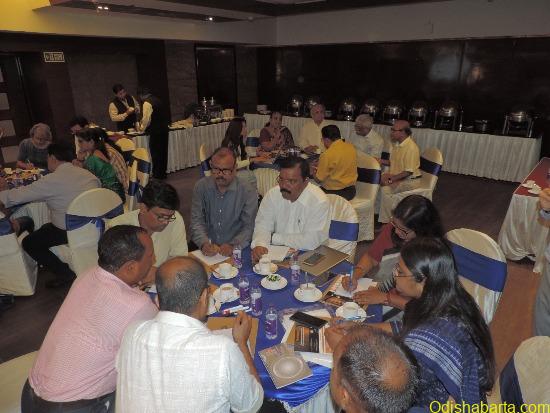Avoidable Snakebite Deaths

Bureau,Odishabarta

Bhubaneswar:India is the global hotspot for avoidable snakebite deaths with annual deaths of around 58,000 and a further 140,000 incidents leading to various disabilities including limb injuries and amputations.
On June 20, 2023, the Avoidable Deaths Network (ADN) hosted the first day of a two-symposium in Bhubaneswar that explored the feasibility and value of pioneering partnerships and a knowledge-sharing network to reduce avoidable snakebite deaths in India. ADN brought together over thirty professionals from the systems of healthcare, antivenom, snakebite, and public awareness to better understand the intersection that these experts play in snakebite mitigation. This event was hosted by ADN India Hub, which is led by Orissa State Volunteers and Social Workers Association (OSVSWA).
ADN founders, Dr. Nibedita Ray-Bennett and Dr. Hideyuki Shiroshita, discussed ADN’s focus, scope of work, and the roles of members and leaders in reducing snakebite deaths in India. Mr. Steve Glovinsky from PeerConnect discussed the importance of avoidable snakebite deaths networking and the implementation of this model in strengthening the capacity of snakebite responders. The participants shared their expertise and experiences in dealing with snakebites, barriers to cultural issues, government, accessibility to antivenom amongst other topics. The symposium participants discussed the preparation of a roadmap for preventing snakebites, especially during disasters. Day one of the symposium ended with a discussion on the importance of community participation to meet the goal of reducing snakebite deaths by 2030.
“Today I have come here in Bhubaneswarto attend this symposium from Kolkata, West Bengal and Ican say I have seen many organizations and individuals doing this sort of work on pen and paper , but this is the only network I have encountered which is trying to workon actual and from the grass root level“, said SnehenduKoner, one of the regional coordinators of Avoidable Deaths Network (ADN).






